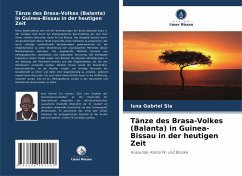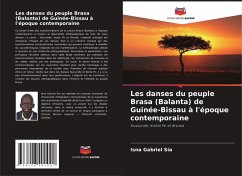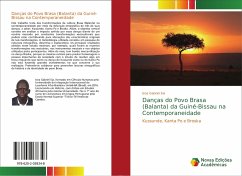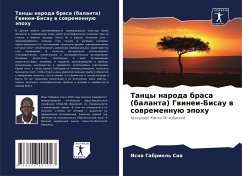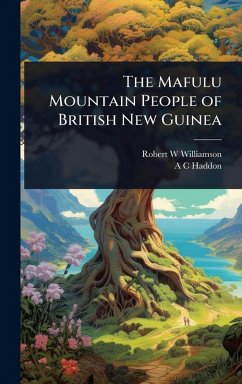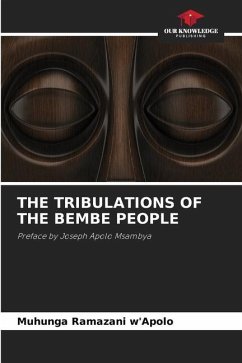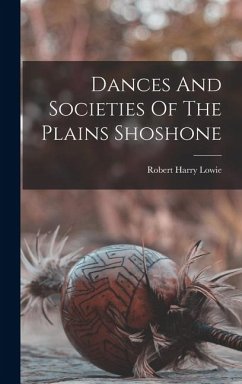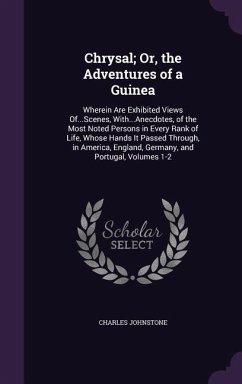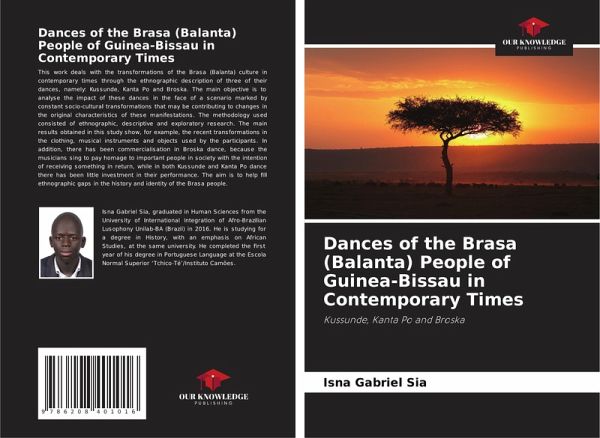
Dances of the Brasa (Balanta) People of Guinea-Bissau in Contemporary Times
Kussunde, Kanta Po and Broska
Versandkostenfrei!
Versandfertig in 6-10 Tagen
16,99 €
inkl. MwSt.

PAYBACK Punkte
8 °P sammeln!
This work deals with the transformations of the Brasa (Balanta) culture in contemporary times through the ethnographic description of three of their dances, namely: Kussunde, Kanta Po and Broska. The main objective is to analyse the impact of these dances in the face of a scenario marked by constant socio-cultural transformations that may be contributing to changes in the original characteristics of these manifestations. The methodology used consisted of ethnographic, descriptive and exploratory research. The main results obtained in this study show, for example, the recent transformations in ...
This work deals with the transformations of the Brasa (Balanta) culture in contemporary times through the ethnographic description of three of their dances, namely: Kussunde, Kanta Po and Broska. The main objective is to analyse the impact of these dances in the face of a scenario marked by constant socio-cultural transformations that may be contributing to changes in the original characteristics of these manifestations. The methodology used consisted of ethnographic, descriptive and exploratory research. The main results obtained in this study show, for example, the recent transformations in the clothing, musical instruments and objects used by the participants. In addition, there has been commercialisation in Broska dance, because the musicians sing to pay homage to important people in society with the intention of receiving something in return, while in both Kussunde and Kanta Po dance there has been little investment in their performance. The aim is to help fill ethnographic gaps in the history and identity of the Brasa people.





